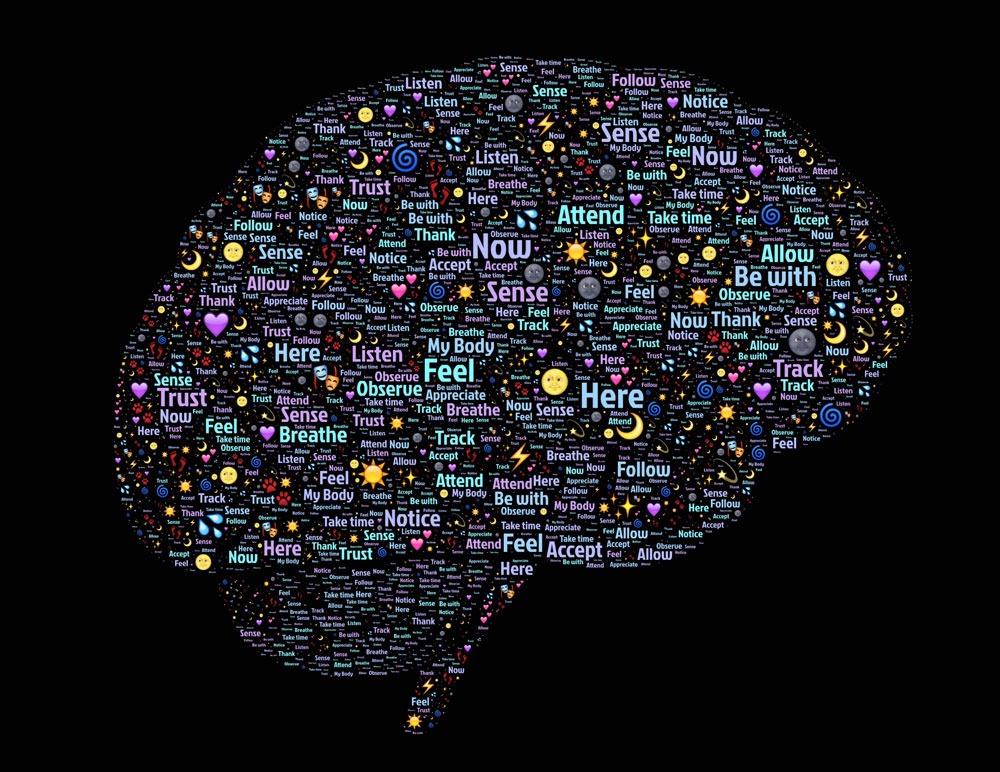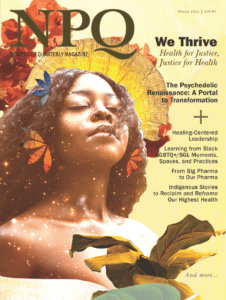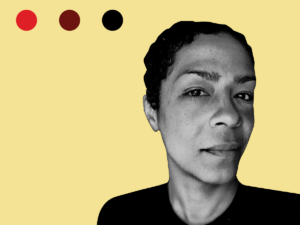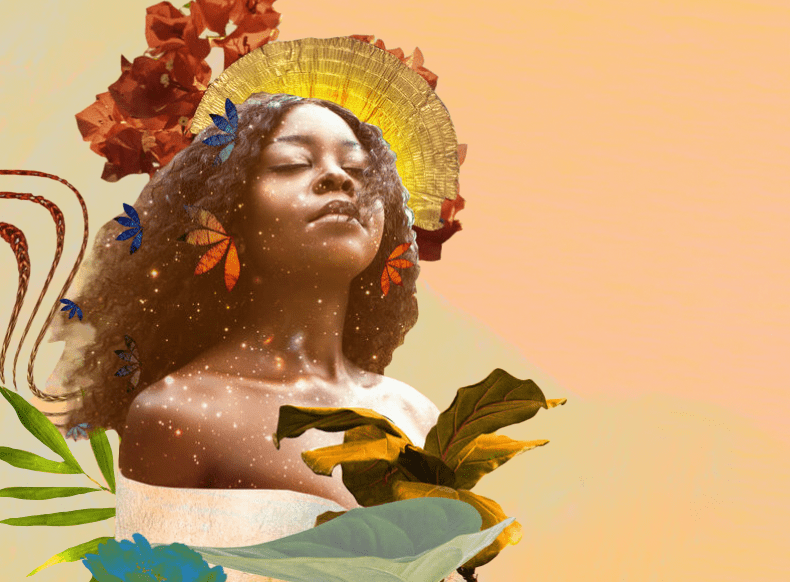
November 12, 2020; Sydney Morning Herald
The holiday season is here, amid a renewed COVID surge, slowing economic recovery, and a US population so stressed that antacids are in short supply. It’s no surprise meditation apps have become big business. There’s also never been a better time for nonprofits focused on mindfulness and open-access tools to step forward.
Nonprofits, both stateside and abroad, are offering free tools to assist people of all ages and backgrounds to regain their balance during this unsettling time. They may even give for-profit apps and online services a run for their money in terms of user experience, programming and mission-based engagement of more diverse audiences.
According to the American Psychological Association, “meditation changes our brain and biology in positive ways, improving mental and physical health.” The benefits of meditation may even strengthen the immune system.
The vision of Melbourne-based nonprofit, Smiling Mind, is “to help every mind thrive,” with content ranging from psychologist-vetted tips on how to survive the holidays during the pandemic to annual research on Australia’s “state of mind.” Smiling Mind also offers a free mindfulness app with tracks dedicated to individuals, healthcare workers, educators, parents seeking to meditate with their children, and busy professionals.
A notable meditation on kindness and forgiveness featured actor and Aboriginal elder Uncle Jack Charles, who partnered with the nonprofit and the City of Port Philip. The Sydney Morning Herald noted how the Smiling Mind’s recent “State of Mind” report showed people from Aboriginal and Torres Strait Islander backgrounds facing depression and anxiety at greater rate than non-Indigenous Australians. The meditation launched during National Aborigines and Islanders Day Observance Committee (NAIDOC) Week.
Free online classes, as well as an app and tips, are also available at the UCLA Mindful Awareness Research Center (MARC), a partner of the Norman Cousins Center for Psychoneuroimmunology within the Jane and Terry Semel Institute for Neuroscience and Human Behavior. UCLA MARC’s mission is to “disseminate mindful awareness across the lifespan through education and research.” The free drop-in classes are “open to anyone interested in learning how to ‘live more presently’ in life,” according to the MARC online registration page, and an upcoming, open-access workshop focuses on “Ending 2020 Compassionately Together – A Free New Year’s Eve Event.”
Last year, the Bedari Foundation donated $20 million to UCLA to develop a “think tank for kindness”—the Bedari Kindness Institute. The Institute partnered with MARC on the UCLA Mindful app offering meditations. Weekly guided meditations recorded at UCLA’s Hammer Museum can also be attended live via Zoom.
Sign up for our free newsletters
Subscribe to NPQ's newsletters to have our top stories delivered directly to your inbox.
By signing up, you agree to our privacy policy and terms of use, and to receive messages from NPQ and our partners.
“Community-based interventions are needed to reduce the risk of depression and other adverse mental health outcomes in the U.S and around the world,” said Dr. Michael Irwin, director of UCLA MARC, in a release. “Mindfulness programs have the potential to address this need because these treatments are scalable, relatively low cost and accessible.” Irwin co-authored the peer-reviewed article, “Mindfulness meditation and improvement in depressive symptoms among Spanish- and English speaking adults: A randomized, controlled, comparative efficacy trial.”
An organization focused on offering resources as “a community serving the community” is Roots2Rise in Philadelphia. Roots2Rise provides free or donation-based yoga classes. Their online class schedule and on-demand library aligns with their ethos of making yoga “accessible to all.” The nonprofit has a history of supporting a wide range of local community-based organizations and deconstructing perspectives of who can access and benefit from mindfulness practices.
“There’s an unfortunate stereotype that exists around who yoga is ‘for’—i.e., thin white women of a certain socioeconomic status. But these practices can be really profound and everyone can benefit from them,” Maria Flaccavento, Roots2Rise community programs director, told PhillyVoice. “At Roots2Rise, we feel it’s our responsibility to deconstruct the stereotype and expand access in meaningful, sustainable ways. Everybody deserves that.”
While nonprofits continue to advance their unique missions to benefit the public good, opportunity remains for continued progress and conversation.
“In the era of social distancing, there is an emergence of free virtual home workouts or complimentary trials of meditation and mindfulness apps, but not every self-care space is equally accessible or appropriate to encourage—and that is a problem the sector must acknowledge,” wrote Mandy Sharp Eizinger, program manager at the Dorothy A. Johnson Center for Philanthropy at Grand Valley State University.
Acknowledging barriers to access matters, as does ensuring authentic diversity and inclusion in the development and presentation of mindfulness programs. While much discussion focuses on the “self-help” components of mindfulness, it may also serve to cultivate inclusion and social justice through compassion practices.
“Those practices that enable us to put ourselves in the shoes of other people more profoundly and more pervasively,” as explained on Mindful by Rhonda Magee, professor of law at University of San Francisco and teacher of mindfulness-based stress reduction interventions for lawyers, law students, and for minimizing social-identity-based bias. “That is, compassion as a regular stance to being more flexible in our listening to each other and in choosing how to respond.”
The objective is to lift hearts and minds, and for new strategies and partnerships to emerge. One of the most important practices of not only mindfulness but coalition-building is knowing that each step, each breath matters—Nicole Zerillo













